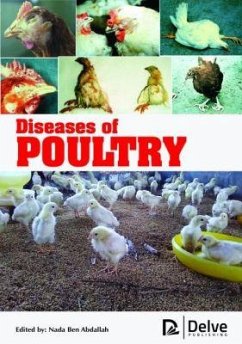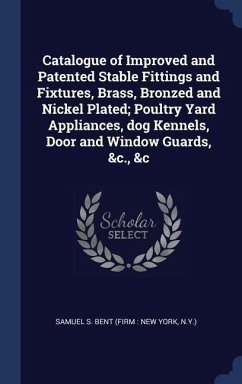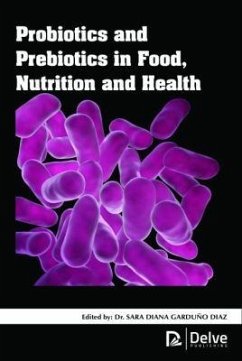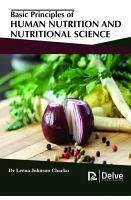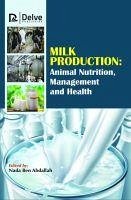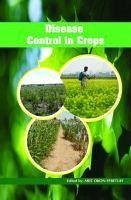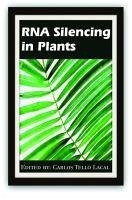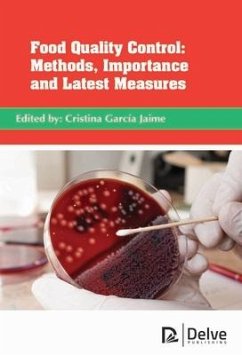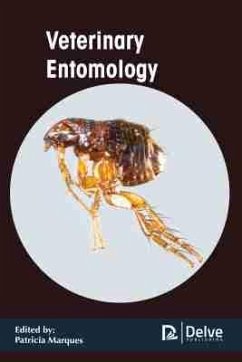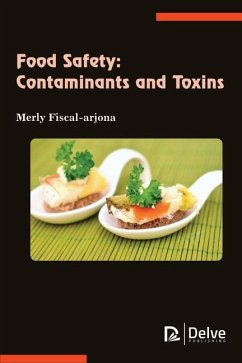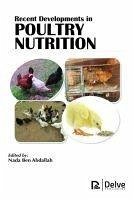
Recent Developments in Poultry Nutrition
Versandkostenfrei!
Versandfertig in über 4 Wochen
162,99 €
inkl. MwSt.

PAYBACK Punkte
81 °P sammeln!
For the last few decades, poultry farming sectors have witnessed many ups and downs as a result of lack of adequate information on nutrition requirements and feeding programs for individual poultry species. However, compared to other types of livestock sectors, poultry farming industry has advanced in terms of technologies, improved productivity, and consistent improvements in nutrition. Poultry nutrition and other management practices have improved through education expansion, trainings, competition, and survival instincts.Success in poultry farming mainly depends on the type, source, and qua...
For the last few decades, poultry farming sectors have witnessed many ups and downs as a result of lack of adequate information on nutrition requirements and feeding programs for individual poultry species. However, compared to other types of livestock sectors, poultry farming industry has advanced in terms of technologies, improved productivity, and consistent improvements in nutrition. Poultry nutrition and other management practices have improved through education expansion, trainings, competition, and survival instincts.Success in poultry farming mainly depends on the type, source, and quality of the feedstuffs. Poultry feeds account for the largest share of the overall poultry production cost incurred. Fortunately, poultry feed requirements are known and there are different standards set to guide the farmer on how to provide the best feeds to their flock. However, poultry feed nutrient compositions differ from one type of ingredient to another and this makes it difficult for the farmers to provide the right feedstuffs that meet nutrients requirements for their flocks. Putting into consideration these factors and other potential problems that may affect poultry production and feeding programs, this book has been prepared to provide the right information on various poultry nutrition practices and have suggested practical nutrients levels required by different poultry species. This book has been prepared to serve as a reference and guide to different poultry farmers, poultry feed formulators, poultry stockmen, agricultural students taking courses on poultry nutrition, and other field researchers trying to find out some answers concerning various problems associated with poultry nutrition. This book can also be of great value in extension work, for teaching and to provide advice on various technical aspects concerning poultry feed processing industry and other related agribusiness activities.This book has ten chapters, each discussing on specific poultry nutrition topic. Chapter one and two mainly discuss on principles and basic components of poultry nutrition. Chapters three and four deal with various nutrition requirements for different poultry species (chickens, turkey, geese, and ducks). Chapter five and six deals with poultry feed nutrients deficiencies and contaminants respectively. Chapter seven, chapter eight and chapter nine discuss on poultry feed evaluation, future trend and development in poultry nutrition, biotechnology applications in poultry nutrition, respectively. Chapter ten discusses on diversity and characterization of poultry feeds. There is a list of selected references at the end of the book. These references provide the reader with optimum entrance to literature covering reports on extensive research on poultry feed and nutrition. The author was obliged to researchers worldwide that have initiated the practical and experimental research from which the information outlined in this book was derived from.



